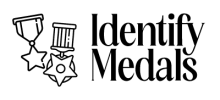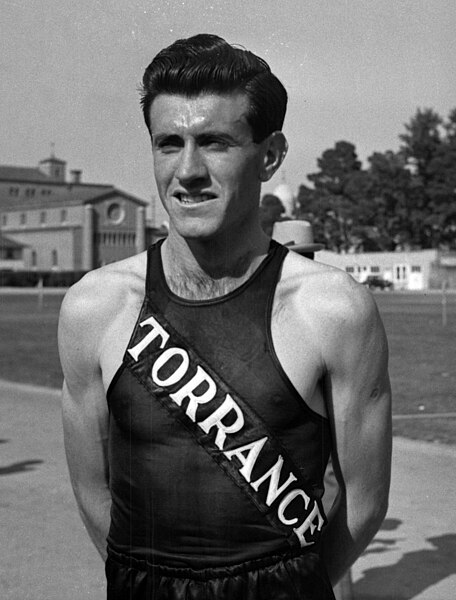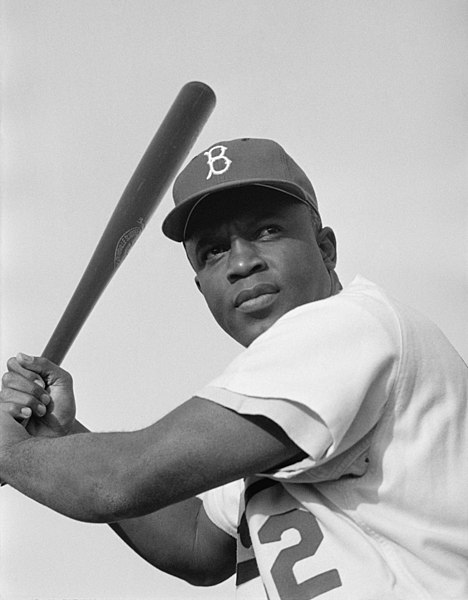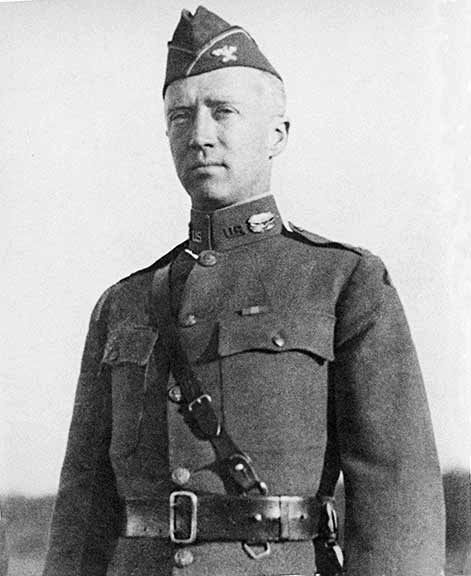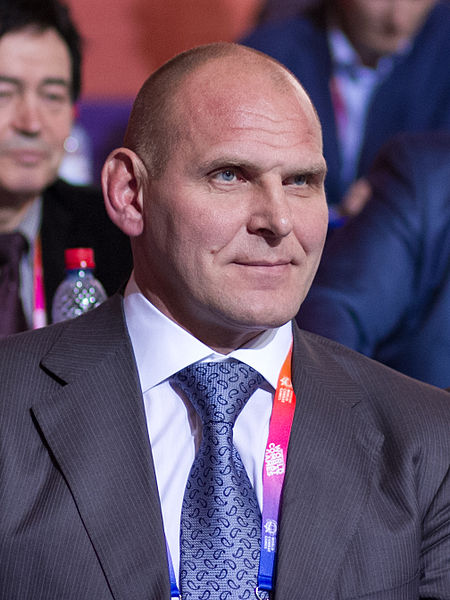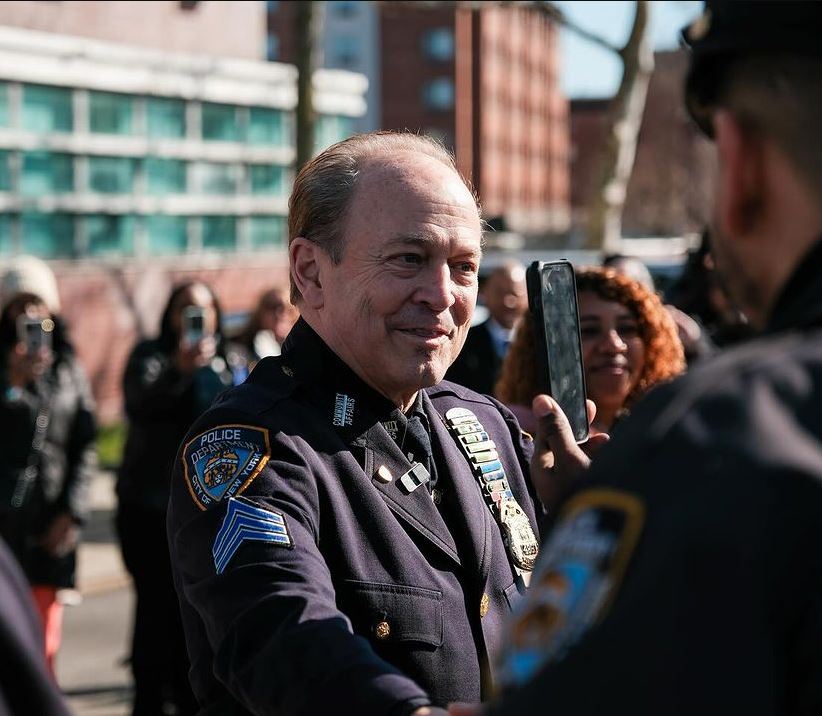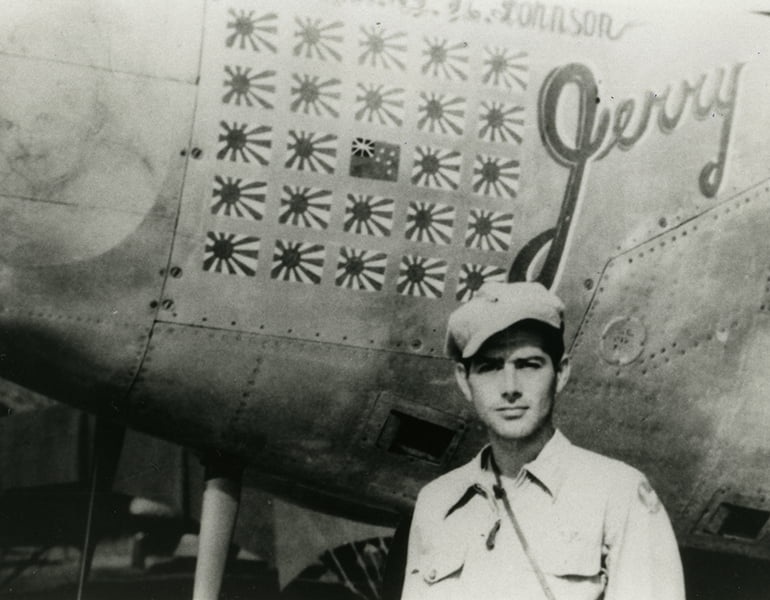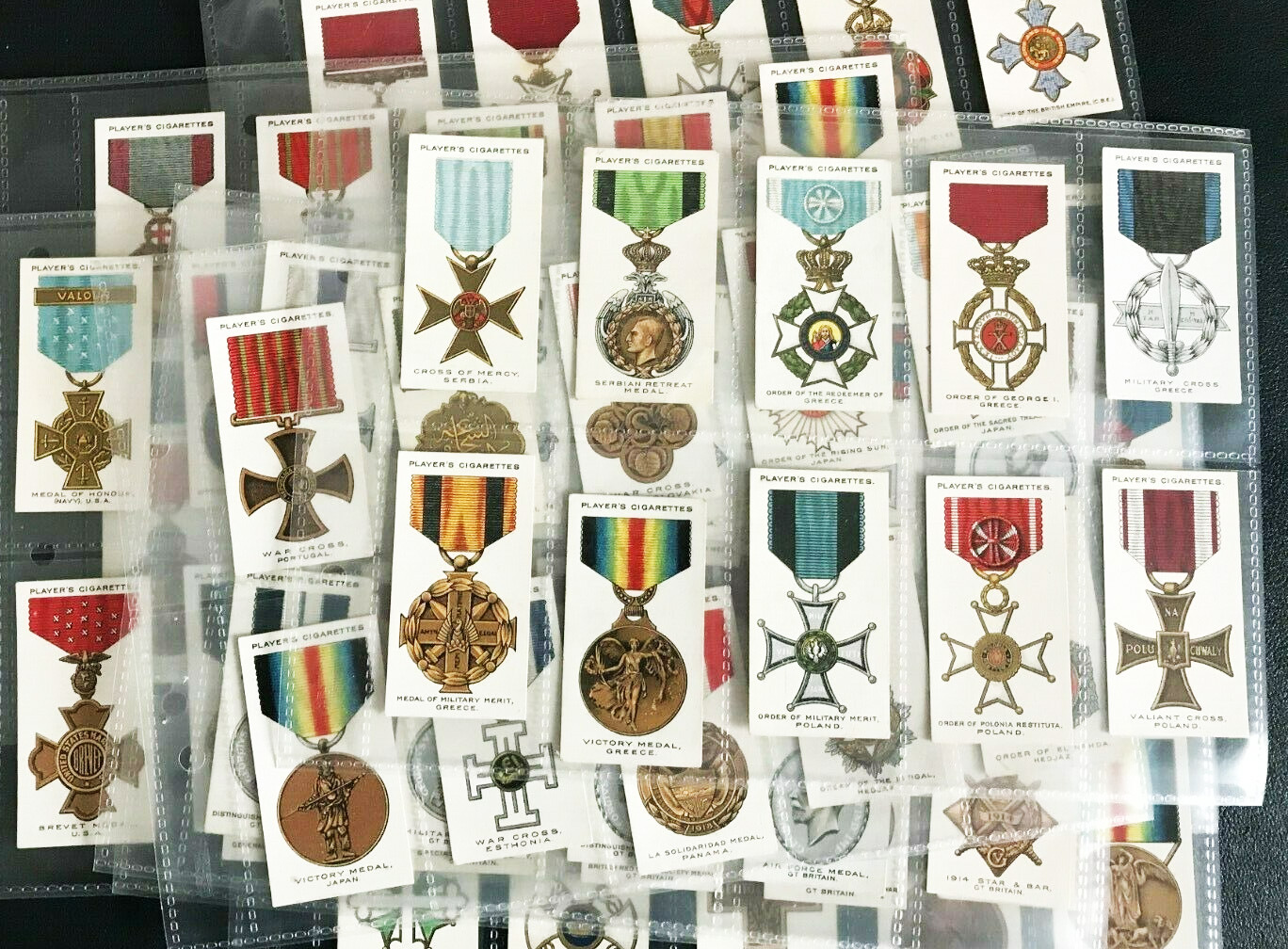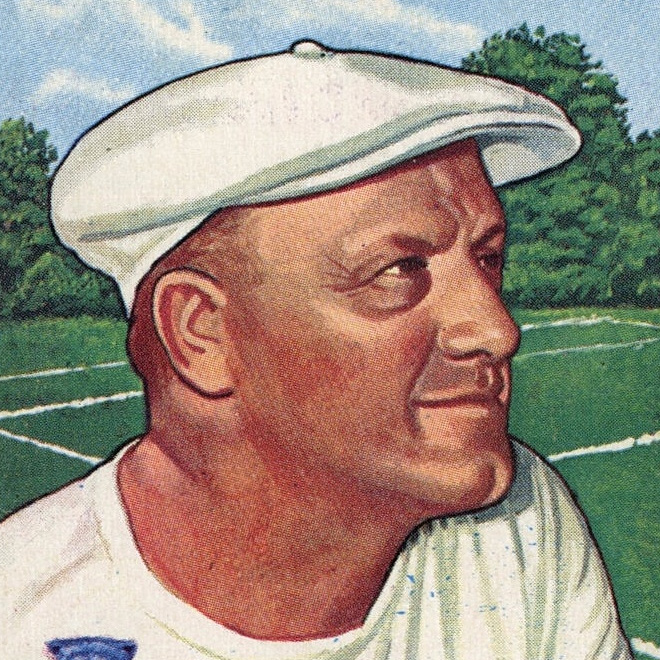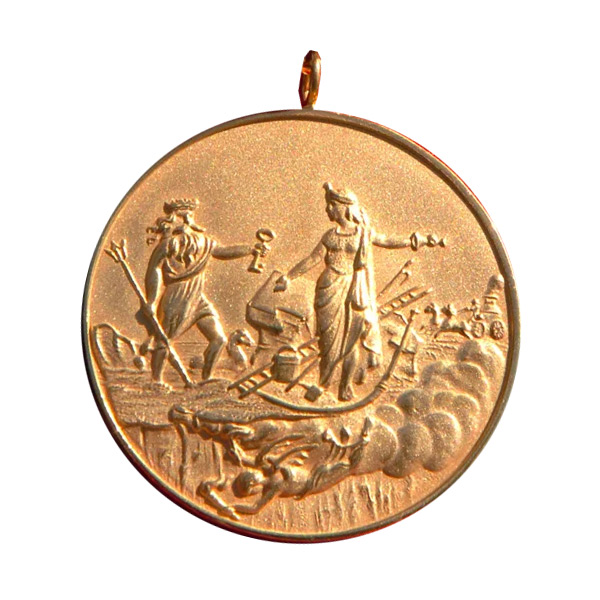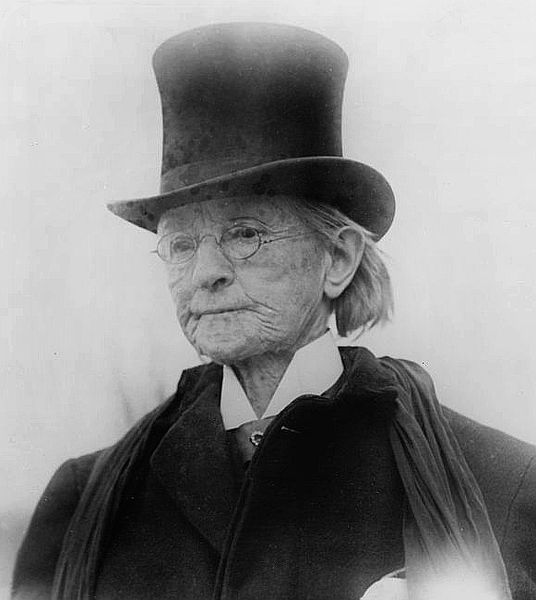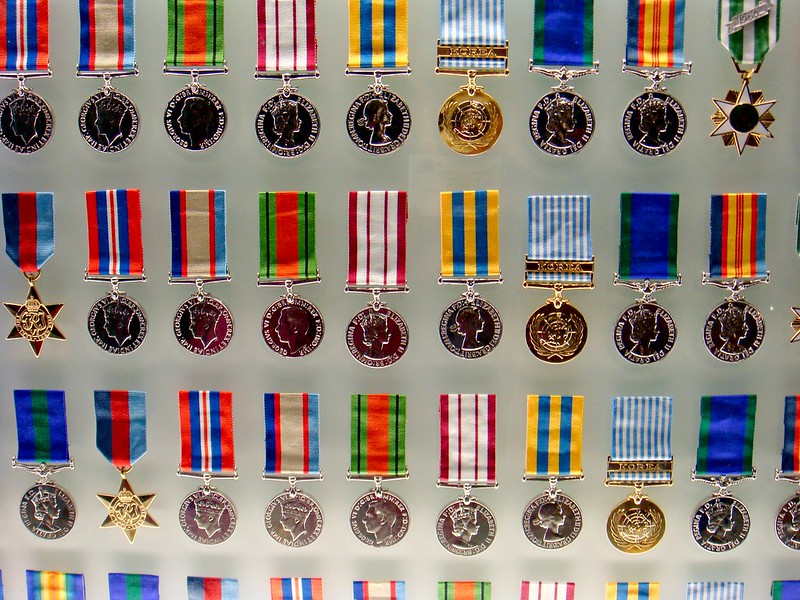A select group of athletes have achieved the remarkable feat of standing atop the podium at the Games while also earning the highest honors in their country’s armed forces. These individuals exemplify exceptional courage, dedication, and excellence, not only as Olympic medal winners but also as recipients of military decorations.
In this article, we delve into the extraordinary stories of Olympic champions who displayed unwavering commitment not only in the pursuit of athletic glory but also in serving their nations with valor on the battlefield. Join us as we salute these true champions, whose legacies shine brightly in the worlds of sports and military service.
Jackie Robinson
Jackie Robinson‘s life story is a remarkable testament to his resilience, courage, and extraordinary talent, not only as a barrier-breaking athlete but also as a dedicated member of the U.S. Army during a pivotal period in American history. His journey from serving his country in the military to shattering the racial barriers of Major League Baseball (MLB) is a testament to his character and enduring legacy.
Jackie Robinson’s service in the U.S. Army took place during World War II, at a time when the armed forces were still segregated along racial lines. Despite the segregation and discrimination he faced, Robinson’s commitment to his duty was unwavering. He served as a second lieutenant in the U.S. Army, demonstrating not only his patriotism but also his leadership qualities. His service culminated in an honorable discharge, but his impact extended far beyond the military.
After returning to civilian life, Jackie Robinson embarked on a journey that would forever change the landscape of professional sports. In 1947, he made history by becoming the first African American to break the color barrier in Major League Baseball when he signed with the Brooklyn Dodgers. This monumental achievement was met with both praise and resistance, but Robinson’s grace, composure, and exceptional skills on the baseball diamond silenced his critics.
In commemorating Jackie Robinson’s life and legacy, we not only celebrate his historic contributions to the world of sports but also recognize his enduring impact on the fight for equality and justice. His legacy serves as a reminder that the power of sports extends beyond the playing field, and individuals like Jackie Robinson can inspire meaningful change in society.
Jackie Robinson's Military Medals
President Ronald Reagan posthumously awarded Robinson the Presidential Medal of Freedom on March 26, 1984, and President George W. Bush gave Robinson’s widow the Congressional Gold Medal on March 2, 2005.
George S. Patton
George S. Patton, a name synonymous with military leadership and valor, had a multifaceted career that extended beyond his renowned role as a general in World War II. However, long before his illustrious military career took shape, Patton was a remarkable athlete and skilled horseman who once represented the United States on the world’s grandest sporting stage—the Olympic Games.
In the summer of 1912, George Patton, then a young and ambitious cavalry officer, made his mark at the Stockholm Olympics by competing in the modern pentathlon, an event designed to test the skills needed for a 19th-century cavalry officer behind enemy lines. This demanding competition comprised five disciplines: pistol shooting, fencing, 300-meter freestyle swimming, equestrian show jumping, and a 4,000-meter cross-country run. Patton’s participation in the pentathlon showcased his exceptional versatility and athleticism.
At the Olympic Games in Stockholm, Patton’s performance was a testament to his dedication and competitive spirit. Despite stiff competition from athletes representing various nations, he displayed remarkable skill and determination, ultimately finishing in fifth place—an impressive feat in itself. Although Patton didn’t stand atop the Olympic podium, his experience in the pentathlon would later serve as a testament to his ability to excel under pressure, a trait that would define his military career.
Fast forward to the tumultuous years of World War II, and George S. Patton emerged as one of the most iconic and effective military leaders of the Allied forces. Known for his audacious leadership style, unyielding determination, and strategic brilliance, Patton’s contributions to the war effort were nothing short of legendary.
George S. Patton's Military Medals
Throughout his military service, General Patton received a plethora of military honors and decorations, underscoring his immense impact on the battlefield. His list of accolades includes the Distinguished Service Cross, the Distinguished Service Medal, two Silver Stars, and two Purple Hearts, among others.
Aleksandr Karelin
Aleksandr Karelin, a towering figure in both the world of sports and the Russian military, is celebrated not only for his remarkable achievements in Greco-Roman wrestling but also for his distinguished service as a high-ranking officer in the Russian Army. Karelin’s legacy is one of unparalleled athletic prowess, unwavering dedication to his country, and a profound commitment to excellence.
Born in Siberia in 1967, Karelin’s journey to becoming one of the most dominant wrestlers in history began early in life. His innate strength, combined with an unparalleled work ethic, led him to a meteoric rise in the world of Greco-Roman wrestling.
Karelin’s Olympic journey commenced with a gold medal at the 1988 Seoul Olympics, where he announced himself as a force to be reckoned with on the international stage. He continued his reign of dominance with consecutive gold medals at the 1992 Barcelona Olympics and the 1996 Atlanta Olympics, further solidifying his status as an all-time great in the sport.
In the midst of his extraordinary wrestling career, Karelin pursued a parallel path of service to his country. Rising through the ranks of the Russian Army, he achieved the rank of Colonel, a position of immense responsibility and leadership. His military service was characterized by the same commitment to excellence that defined his wrestling career.
Beyond his medals and accolades, Aleksandr Karelin’s impact transcended the boundaries of sports and military service. He inspired generations of athletes and servicemen with his unwavering dedication to his craft and his country.
Aleksandr Karelin's Military Medals
Some of the notable military medals and honors Karelin received during his service include the Order of Courage, Order of Military Merit, Medal for Military Merit, and Medal for the Return of Crimea.
Louis Zamperini
Louis Zamperini’s remarkable life journey encompasses extraordinary feats of athleticism, indomitable resilience, and unwavering valor in the face of adversity. From his early days as a gifted distance runner to his harrowing experiences as a World War II bombardier, Zamperini’s legacy is a testament to the human spirit’s capacity to overcome seemingly insurmountable challenges.
Born in 1917 in Olean, New York, Louis Zamperini quickly established himself as a standout track and field athlete during his high school years. His talent and determination paved the way for a collegiate career at the University of Southern California, where he achieved immense success as a middle-distance and long-distance runner. Zamperini’s crowning achievement as an athlete came at the 1936 Berlin Olympics, where he represented the United States in the 5,000 meters event. In an inspiring display of tenacity, he secured a silver medal, earning him global recognition for his outstanding athletic prowess.
However, Zamperini’s journey was far from over. With the outbreak of World War II, he enlisted in the United States Army Air Forces (USAAF) and underwent training as a bombardier. Little did he know that his life would soon be marked by a series of unimaginable trials.
During a combat mission in the Pacific theater, Zamperini’s plane crashed into the ocean, leaving him and two fellow crewmembers stranded at sea for a staggering 47 days. Their story of survival amidst starvation, exposure, and shark-infested waters is a testament to the resilience of the human spirit. Finally rescued by Japanese forces, Zamperini was captured and endured brutal conditions as a prisoner of war.
Throughout his internment, Zamperini’s unwavering spirit remained unbroken. His remarkable journey from Olympic athlete to prisoner of war survivor is detailed in Laura Hillenbrand’s bestselling book, “Unbroken,” which later became a feature film.
Louis Zamperini's Military Medals
Louis Zamperini’s military service earned him numerous awards and honors, recognizing his exceptional courage and service to his country. Notable among these awards are the Purple Heart and the Distinguished Flying Cross.
